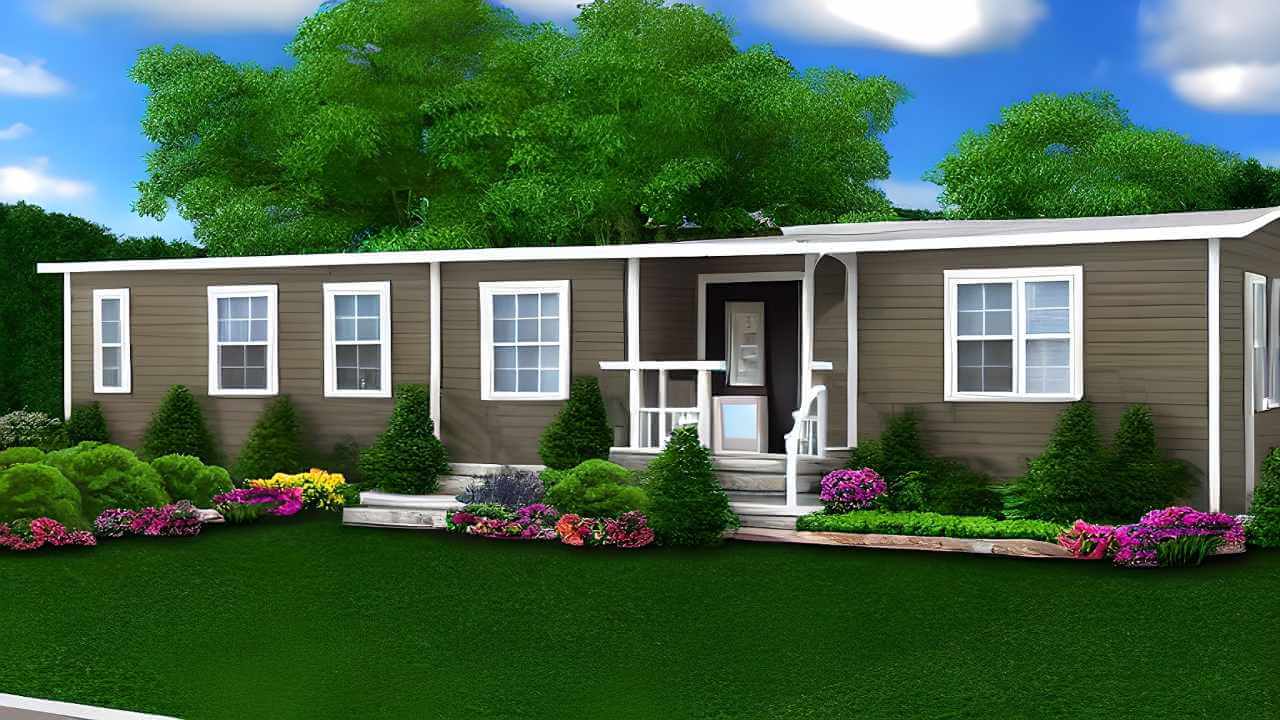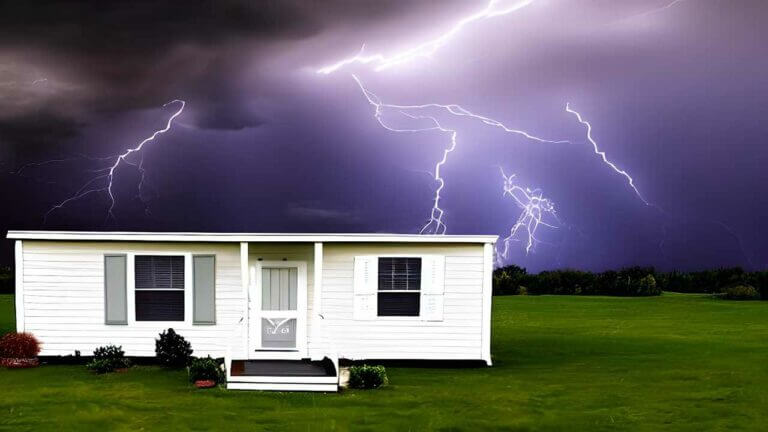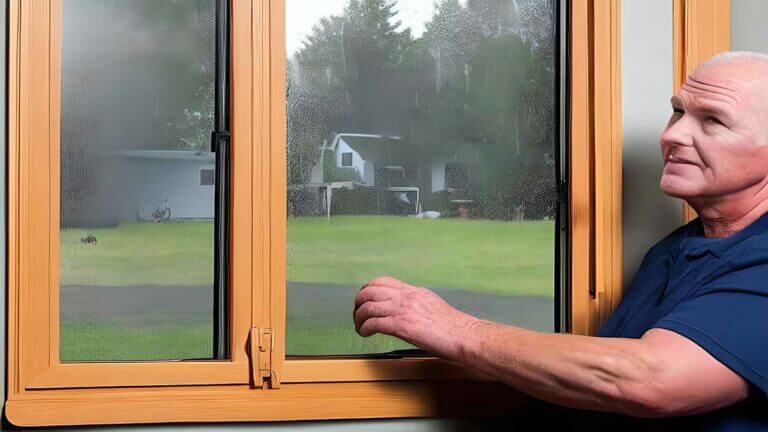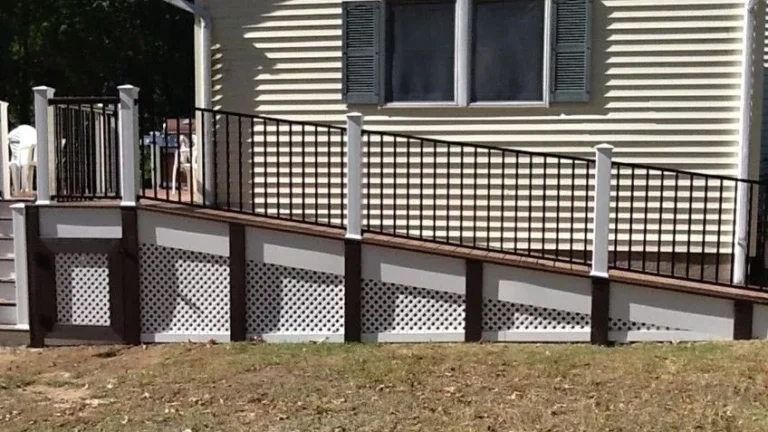How Many Years Do Mobile Homes Last?
The term mobile home comes from its place of origin which is the land upon which it was built. A mobile home does not have to be towed or moved around very much for people to consider it a house. This is due to how easily you can put it up somewhere new and start living in it!
Most manufacturers will advertise their homes as lasting twenty years. Some go even longer than that, but this is extremely rare. It is hard to tell how well these warranties really hold up though since most companies do not require proof of purchase when verifying the warranty.
It is important to remember that just because one person’s mobile home seems like it could last forever doesn’t mean that it will for everyone else. Properties such as weather, terrain, and usage can all play a factor in whether or not your home will still work after this length of time.
There are also no regulations about what conditions prohibit a mobile home from working properly so making sure your home is protected against water and dirt is essential to having a long life.
Reasons mobile homes are difficult to repair
Another reason why it is so hard to do repairs with a mobile home is that there are no standardized parts. Each manufacturer creates their own versions of doors, roofs, and floors, making it impossible to just buy new pieces when needed.
Most manufacturers take away some of the fun from being in a house by not designing beautiful, elaborate houses. They focus more on functionality and ease of use, which makes it harder to appreciate what a great looking house they made.
Also, because each company designs their homes differently, it can be tough trying to find or make parts that match exactly.
The structure of a mobile home
A mobile home is not necessarily your run-of-the-mill house that you can purchase and put up for sale. Most people refer to them as a RV, but this term is also very broad.
A mobile home isn’t just any old recreational vehicle (or motorhome for those who prefer that terminology). It is built much more solidly than most other types of vehicles. This includes heavier weight limits and thicker frame members.
Usually, however, consumers don’t think too highly about the quality of these homes because they cost less. It is important to know that although a mobile home may seem like it will last forever, this isn’t always the case.
Damage that can reduce the lifespan of a mobile home
There are several things that can damage or even destroy the frame, roof, flooring and interior components of your mobile home. These things include severe temperature changes, water exposure, strong winds, heavy objects falling onto it, and poor quality insulation in the walls and/or ceiling.
When you purchase a used mobile home, make sure to do an inspection before agreeing to buy it! Unfortunately, most sellers won’t tell the whole truth about any potential issues because they don’t want to risk losing their sale.
It is important to know what could potentially harm your mobile home so that you can take precautions. By being aware of these factors, you will be able to limit the chances of this happening to yourslef.
Maintenance that can extend the lifespan of a mobile home
Although some people may believe that buying a new mobile home is the way to go, this isn’t always the best option. In fact, it’s possible to buy an older model that is in great condition!
Mobile homes come with plenty of initial packaging material and protective gear (such as plastic sheeting), so while you might have to purchase these things separately, they’re not too expensive.
It is important to remember how to maintain your mobile home properly. When maintenance and housekeeping are done right, it will preserve the life span of your mobile home. Unfortunately, some people don’t know what those basics are, which is why we’re sharing them with you here.
One of the most common causes of premature failure for many mobile homes is water damage. Water has a way of finding its own level, and if it finds its way into the interior of the home, then it will need to be repaired or replaced. Fortunately, there are several easy ways to prevent this. If you notice any signs of moisture, make sure to check out our tips here.
Another major cause of water damage in mobile homes is when heavy rain washes away part of the roof. This could potentially expose parts of the floor or ceiling, creating an entry point for more liquid to get inside. Once again, making repairs is an effective way to protect your home.
Tips for mobile home owners
The term mobile home comes with some big expectations. A lot of people look up to mobile homes as their dream house or at least a nice place to live. However, mobile homes are not designed to last forever.
Mobile home manufacturers use materials that are durable, but they do not guarantee the life span of the trailer. Due to this, mobile home warranties can be very limited.
Regular maintenance will help prevent major issues in your mobile home down the road. These include regular checks for cracks and damage, an annual inspection, and test-driving the vehicle before buying it.
Also, make sure you are getting a good deal on your mobile home by looking into its warranty. Some may seem like great prices, but lack coverage completely or have extremely expensive limitations.
Consider the location
The length of time that a mobile home will last depends largely on where you live. Location is a key factor in whether or not it is worth investing in new windows, doors, or even moving to another community so your home can be fixed or replaced!
As with any house part, older homes may need updating or replacing depending on what needs doing. These things include windows, doors, foundations, and electrical systems.
Window and door quality both play an important role in how well your home protects its inhabitants. Make sure they are sturdy and durable!
What people often forget when buying a mobile home is that their lot size varies. A large amount of land means more room for cars, gardens, etc., which most people do not take into account when deciding if this is the right lifestyle choice for them.
If you have a car parked outside your home a few times per week then there is no need to invest in extra safety features as your vehicle would never be left exposed anyways. If you only use your home for sleeping and showering though, then safer windows and doors could save you money in repairs down the road.
Consider the condition
While some mobile homes cost upwards of a million dollars, this doesn’t mean they are built to last a very long time. In fact, most new manufactured or prefabricated home owners don’t spend much more than $20k for their house!
That means most people aren’t investing in a home that will outlive them. The average lifespan of a mobile home is around 5-7 years depending on how well it is maintained!
There are several reasons why mobile homes lose value as time goes by. To stay safe, you should be familiar with the types of homes and what can affect the price. Make sure your home falls into one of these categories so it won’t suffer loss in value!
Also make sure to check the title before buying to ensure it isn’t something like “Mobile Home Park” instead of just “mobile home park.” This could trick you into thinking it’s an apartment building rather than a home.
Check for leaks
The interior of your mobile home will need to be inspected thoroughly for any water damage. You can use a mirror to check around the windows, doorways, and walls. If you notice wet floors or walls, there must be a source of moisture!
It is very important to note that if you do find water anywhere, it should be addressed immediately as time can quickly cause additional damage.
Does this sound too easy of advice? It is not! Only trained professionals have proof of what they know so make sure you get these inspections done properly. Make sure you ask about how recent the inspection was and whether or not the person testing the home has experience looking at mobile homes.
Another way to identify if there are issues with the home is by using an infrared camera. These cameras pick up heat which may indicate if there are problems with the house heating or cooling.






